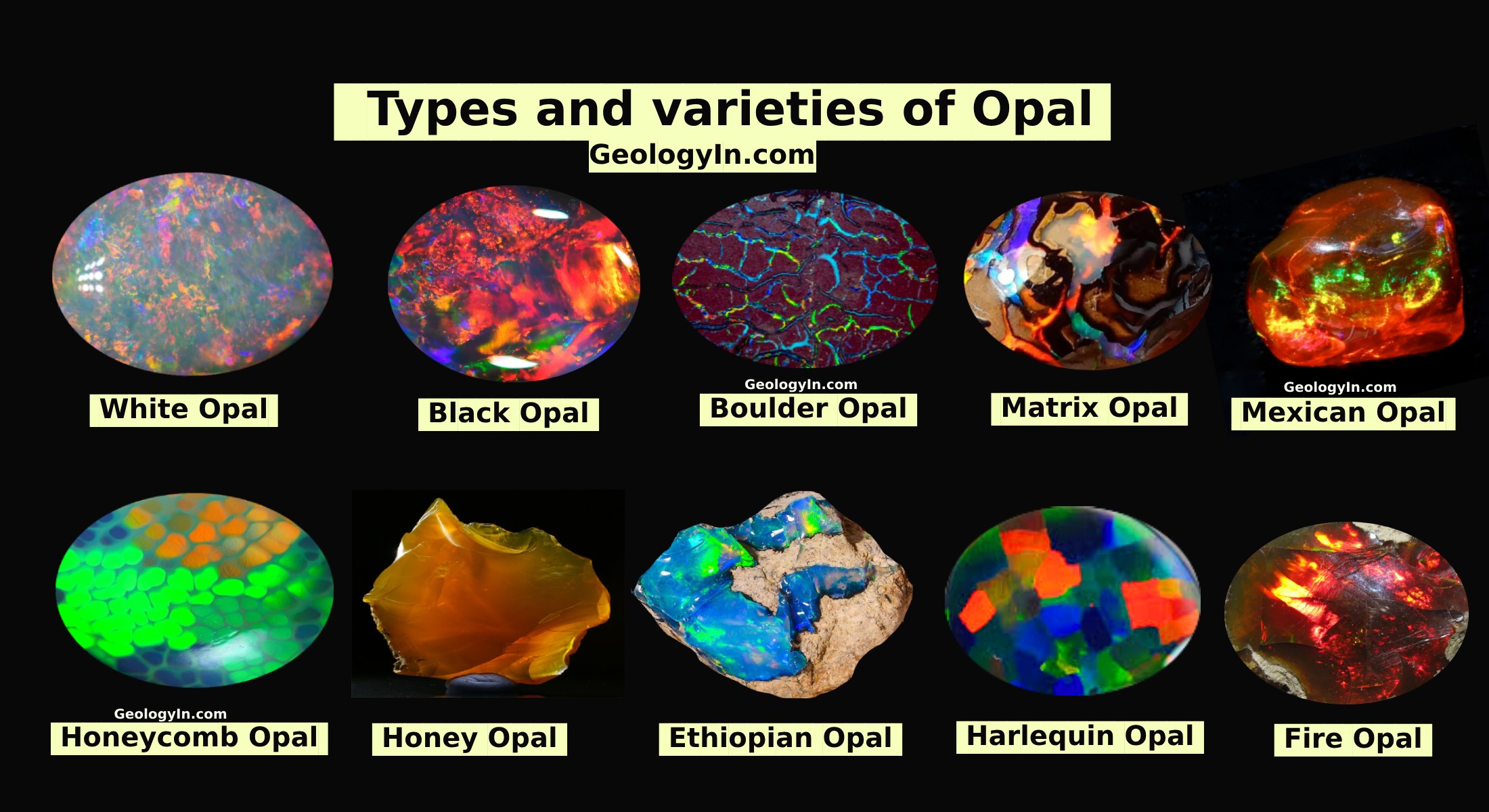How did one volcano confuse scientists, ocean research?
 |
| An undersea volcano erupting off the coast of Tonga in March 2009 |
Our oceans aren’t just rising - they’re accelerating, and that’s even worse
It’s news to no one that our sea levels are rising as a result of global warming, but scientists have finally confirmed something even more worrying - rate at which they’re rising is actually accelerating.
And what’s truly crazy about this situation is it’s been masked from us for more than two decades, thanks to a massive, poorly timed volcanic eruption. Thanks, nature.
On 15 June 1991, Earth sustained the second-largest volcanic eruption of the century - Mount Pinatubo, in the Philippines.
Described by the US Geological Survey as "cataclysmic", the eruption spewed forth more than 5 cubic km (1 cubic mile) of debris, and the resulting ash cloud rose some 35 km (22 miles) into the air above.
A typhoon happened to form at the exact same time, blowing ash in all directions, and avalanches of searing hot ash, gas, and pumice fragments filled nearby valleys with volcanic deposits up to 200 metres (660 feet) thick.
The volcano ejected so much matter that day, its groaning summit gave way and collapsed.
Amazingly, this all happened at the same time as when NASA and French space agency CNES decided to launch the world's first satellite altimeter, called TOPEX/Poseidon, which would allow scientists to start monitoring sea level changes from orbit.
So from 1992, right when Earth was experiencing a freak cooling period caused by a humungous volcanic eruption, scientists established a whole new way of measuring sea levels, and it’s lead to one of the biggest mysteries in climate science - why rising sea levels have remained so oddly consistent.
In fact, for the first decade of operation, the radar altimeter actually showed a decrease in sea level - not exactly what you’d expect when the planet continues to break temperature records every year, and the melting of our icebergs has accelerated.
"We’ve been looking at the altimeter records and scratching our heads, and saying, 'Why aren’t we seeing an acceleration in the satellite record?' We should be," John Fasullo, a climate scientist from the US National Centre for Atmospheric Research in Boulder, Colorado, told The Washington Post.
Since the altimeter was launched in 1992, studies based on its data have recorded a consistent rise in sea levels of 3.5 millimetres per year, or about 1.4 inches each decade.
To test if that was accurate, Fasullo and his team decided to develop 40 different climate change models that for the first time treated the effect of the volcanic eruption as one big anomaly, and ended up with a much better representation of what's actually been going on.
"The scientists estimate as a result that sea level not only fell between 5 and 7 millimetres due to a major ocean cooling event in the eruption’s wake, but then experienced a rebound, or bounce back, of the same magnitude once the influence of the eruption had passed," Chris Mooney reports for the The Washington Post.
This rebound made it look like sea levels experienced a sharp increase, followed by a decline, and then ultimately, it appeared to even itself out, but in reality, the results were completely distorted.
Since we’re basically starting again, Fasullo says it’s too soon to figure out exactly how much the sea level rise is actually accelerating, but says we’ll have a good indication in five to 10 years’ time.
"Our initial impression of sea level rise was not only influenced by climate change and the rate of change, but the response and the recovery from the eruption itself," Fasullo told Mooney. "Those effects largely have ebbed by now, and once we get a few more years into the altimeter record, we should see a clear acceleration."
So the good news is science makes sense again, it was all a mistake, bad volcano, bad. But the bad news is sea levels aren’t just rising - they’re rising at an accelerating pace, and that’s terrifying for anyone who happens to live on a coast.
The study has been published in Scientific Reports.








